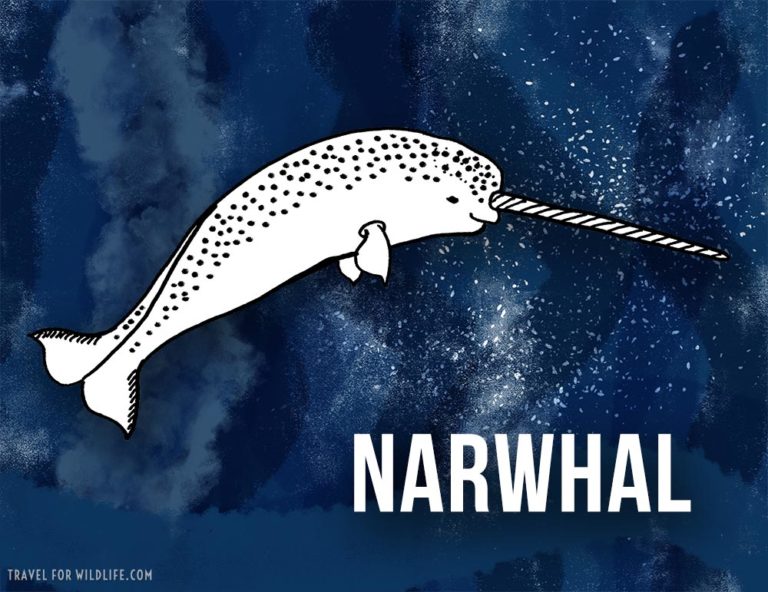

The white and blackish birds known as common loons ( Gavia immer), orange eyes aglow, swim on the surface. The mist fades and the water shimmers on the lakes in Rhinelander, Wisconsin. New research provides a fresh window into the emergence of sociality, and takes us a step closer to an integrated and conceptually powerful model of the evolution of power. All of this is completely reshaping how we think about nonhuman power struggles. Animals spy on rivals for power, display power in different ways depending on their audience, form coalitions to rise in rank, and camouflage themselves to climb the power ladder. Being the ‘toughest’ is only a part of the picture – ‘shrewdest’ matters a lot too. More recently, animal behaviourists have come to recognise these more subtle ways that animals seek power over those around them. There was some discussion about the fact that fighting skills weren’t the same thing as sheer size but, then again, those skills were rarely thought to involve nuanced techniques for gaining ascendancy, such as gathering reconnaissance, assessing the field, and networking with others to acquire power. Still, when animal behaviourists applied the idea, the assumption was usually that larger, stronger animals had greater RHP.

No more gladiators instead, biologists and theorists talk of ‘resource-holding potential’ or ‘resource-holding power’ (RHP), a measure of ability to acquire and defend resources. In Huxley’s essay The Struggle for Existence: A Programme (1888), Darwin’s prolocutor said that the animal world was equivalent to a ‘gladiator’s show’, at least as far as a moralist would be concerned: The spectator has no need to turn his thumbs down, as no quarter is given … the weakest and the stupidest went to the wall, while the toughest and the shrewdest, those who were best fitted to cope with their circumstances, but not the best in any other sense, survived.įast-forward to the 1970s, when the theoretical framework for the modern study of animal behaviour started coming into view. Thomas Henry Huxley, whom Darwin called ‘my good and kind agent for the propagation of the Gospel, ie the Devil’s gospel’ didn’t mince words when it came to power in the animal kingdom. The quest for power in nonhumans has been of interest since the days of Charles Darwin. Attaining and then maintaining power – defined as the ability to direct, control, or influence the behaviour of other creatures or resources – lies at the heart of almost all animal societies. Many ends, in fact, including food, mates and shelter. But for nonhumans, power is always a means to an end. – from Nineteen Eighty-Four (1949) by George OrwellĪnimals don’t relinquish power once they get it either. Power is not a means, it is an end … The object of power is power. We are not interested in the good of others we are interested solely in power … We know that no one ever seizes power with the intention of relinquishing it. The Party seeks power entirely for its own sake.


 0 kommentar(er)
0 kommentar(er)
